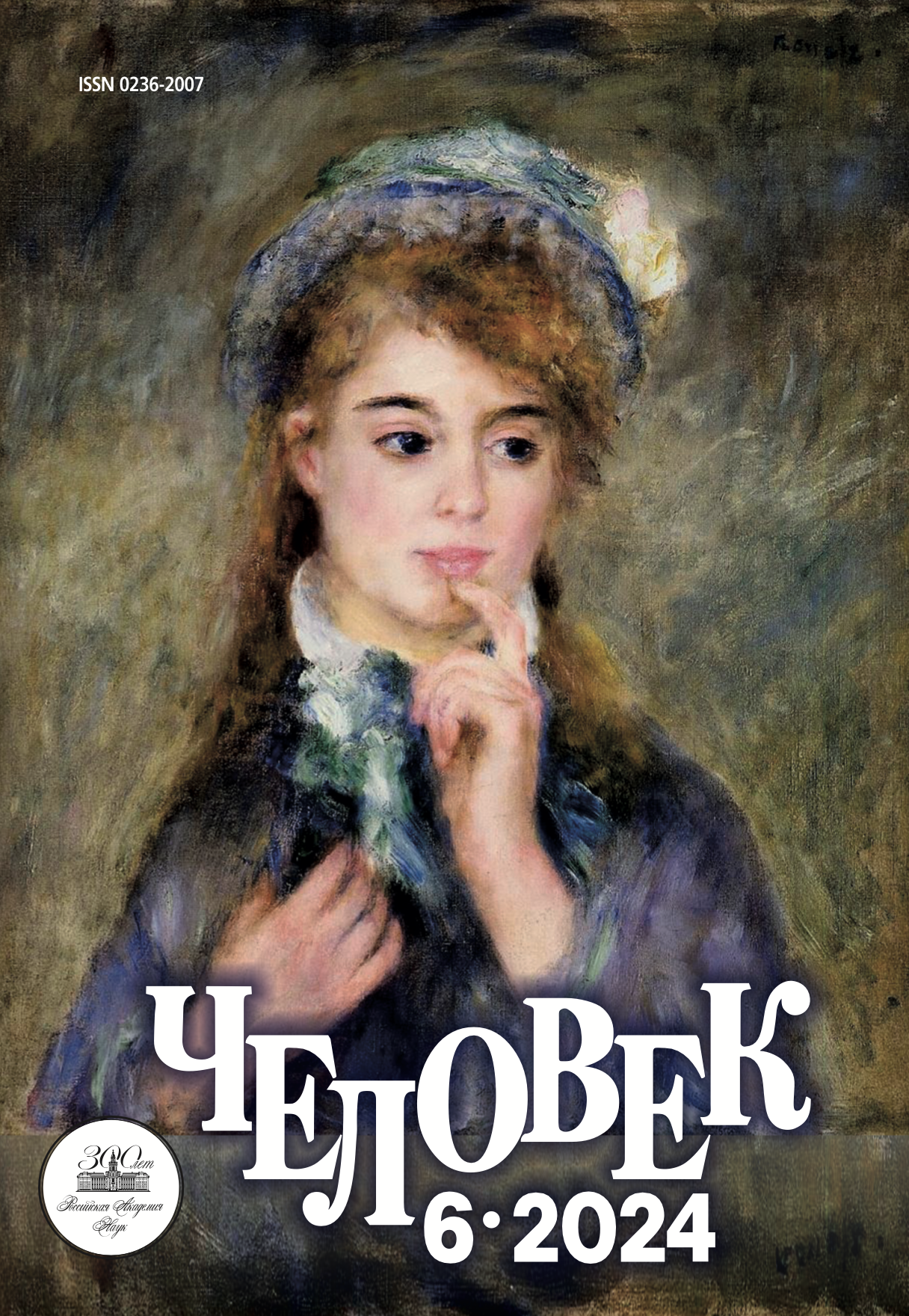In Search of Yeti (A Response to S. Nikolsky's Book “The Soviet. Literary and Philosophical Analysis”)
DOI:
https://doi.org/10.31857/S0236200724060114Keywords:
S.A. Nikolsky, soviet human, soviet, human, anthropology, culture, literary tradition, writer, literary characterAbstract
The response article to the book by S.A. Nikolsky “Soviet Philosophical and LiteraryAnalysis” is a dialogue between Oleg Leibovich and Alexander Kazankov. The conversationcovers a wide range of topics related to reading the specified treatise. Firstly, the possibility of classifying S.A. Nikolsky's philosophical analysis as a real anthropological type is discussed.According to modern Russian sociologists, the Soviet man emerged in the 1960s and hispresence in society can be confirmed by mass surveys. However, this scientific approach is notinteresting for S.A. Nikolsky, as both interlocutors point out. For a philosopher, it is not aquestion of whether or not the Soviet person existed, but rather who he was and what his role inliterature was. Even if you assign it the status of a noumenal thing-in-itself or a hypotheticalBigfoot, it is a legitimate subject for literary and philosophical analysis. S.A. Nikolsky'smethodology allowed him to identify two fundamental features in the image of the Soviet man: clandestine and submissive. According to the author, these human qualities were discovered byRussian literary classics (I.S. Turgenev, F.M. Dostoevsky, N.S. Leskov, etc.). During thediscussion, it turns out that the existence of substantial human qualities is problematic, andclandestinity and submission are socially conditioned features of the ethos of the Russian writingintelligentsia itself. The interlocutors conclude their discussion of S.A. Nikolsky's treatise on Soviet man with a discussion on the actual “Sovietness” of Soviet man.






